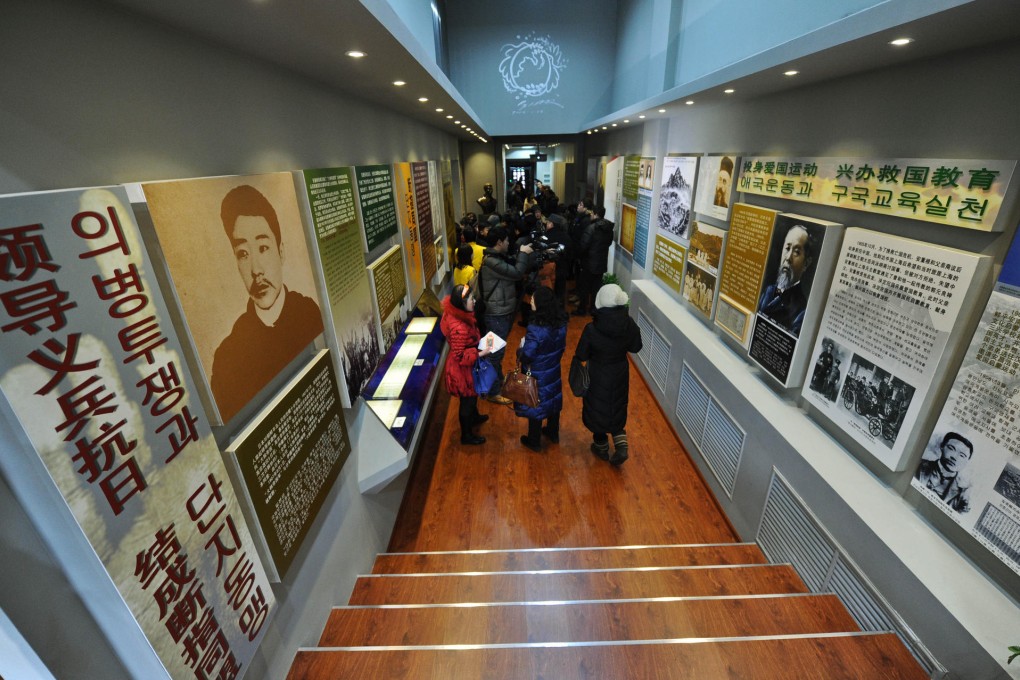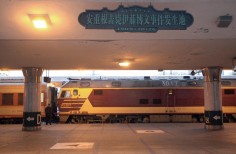Harbin museum to Korean who shot Japanese PM symbolises divisions
Memorial to assassin, and the reactions it stirs, symptomatic of the continuing hold history has over Japan's ties with China and South Korea

Visitors to the newest museum in Harbin, in northeastern China, enter through a quaint facade affixed to the modern shell of the main train station. No bigger than a 7-Eleven, the museum could easily be mistaken for a restaurant and hardly looks like a place connected to an international incident - or two.
It's on the site where Ahn Jung-geun, a Korean, gunned down Hirobumi Ito, then Japan's prime minister, in 1909, just before Japan formally colonised Korea. Ahn, who was executed by the Japanese, has long been celebrated in Korea as an independence activist. But when the exhibition opened last month, Japan's government lashed out. The chief cabinet secretary called Ahn "a terrorist".

The museum opening came just weeks after Japanese Prime Minister Shinzo Abe visited the Yasukuni Shrine in Tokyo, which commemorates millions of the nation's military dead, including hundreds of second world war figures convicted by allied war tribunals. The move prompted denunciations from China and South Korea, and even American diplomats described it as "disappointing".
Nearly 70 years after the end of the second world war, relations between Japan and China - and to a lesser extent South Korea - remain deeply coloured by wartime wounds. Though the countries have strong economic ties, the urge periodically to pick at historical scabs seems irresistible - and even useful.
Analysts say the tension could stifle dialogue and cooperation on a host of contemporary issues, from disputed islands to the North Korean nuclear issue. Some experts fear that the sniping could inadvertently lead to conflict.
